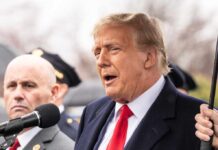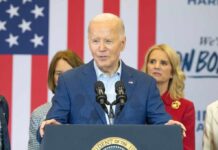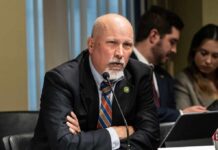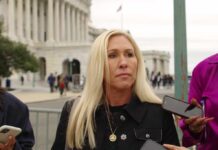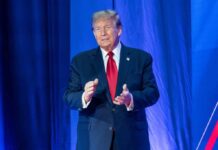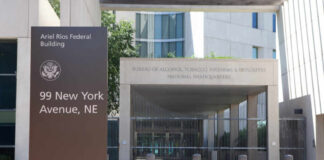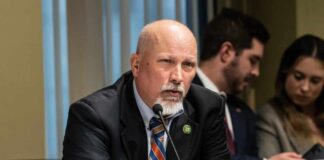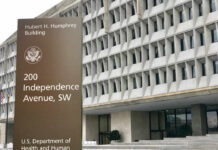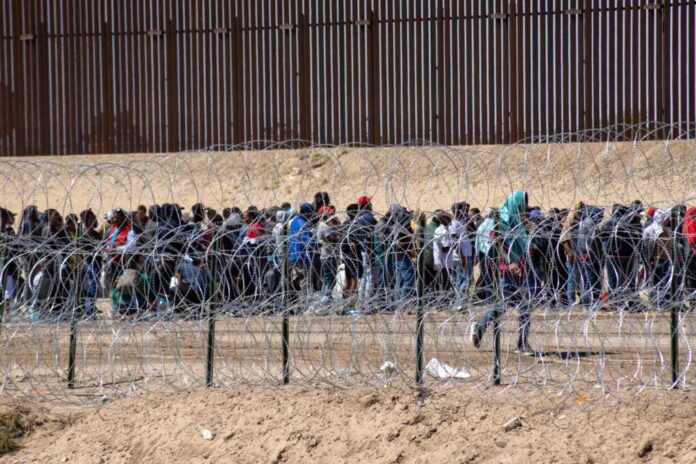
Nobel laureate and Princeton economist Angus Deaton has publicly reversed his long-standing support for open migration and free trade. Known in academic circles for identifying the “Deaths of Despair” phenomenon, Deaton laid out the reasons for his change of thinking in a recent post for the International Monetary Fund.
“I used to subscribe to the near consensus among economists that immigration to the U.S. was a good thing,” Deaton admits. His analysis examines the historical pattern of increased inequality corresponding to increased immigration. The trend holds true all the way back to the Gilded Age.
His critique does not end with immigration. Deaton challenges the previously uncontested belief in the virtues of globalization, highlighting the adverse effects on American workers. He disputes that the damage inflicted on these workers is a justifiable sacrifice for global poverty reduction. “I also no longer defend the idea that the harm done to working Americans by globalization was a reasonable price to pay,” Deaton writes, marking a sharp departure from his earlier views.
Nobel Economist Reverses His Support for Migration | At some point, these people have got to wake up https://t.co/l4MSQImyUV via @BreitbartNews
— William John G. Balderama (@WJGBalderama) March 12, 2024
The economist’s introspection goes deeper. He criticizes his profession for prioritizing economic efficiency over fairness and civic stability. Deaton criticizes fellow economists for overlooking the power dynamics that shape markets and influence political decisions, stating, “Our emphasis on the virtues of free, competitive markets…can distract us from the importance of power in setting prices and wages.”
Moreover, Deaton calls for a more ethical approach within economics, one that balances efficiency with social justice and individual liberty. He laments the profession’s shift away from considering the broader impacts of economic policies on society, urging for a more holistic approach that considers human well-being beyond mere financial metrics.
Nobel Economist Reverses His Support for Migration via @breitbartnews
“I also no longer defend the idea that the harm done to working Americans by globalization was a reasonable price to pay for global poverty reduction because workers in America are so much better off than the…
— Edward Paul (@edelicious89) March 12, 2024
Deaton’s late-career reflections resonate with a growing discontent among Americans who feel left behind by policies favoring global over domestic interests. His critique extends to the treatment of trade-offs between domestic and foreign workers, advocating for a more nuanced approach that acknowledges nations’ obligations to their own citizens.
While Deaton’s change of heart may take time to sway investor demands for cheap labor and global markets, it challenges the economic community and policymakers to reconsider the human cost of these policies. His insights invite a broader public debate on balancing national interests and global responsibilities, potentially influencing future economic frameworks.
This unexpected shift from a figure as prominent as Deaton adds a credible voice to the discussions surrounding immigration and trade policies. As debates continue, the implications of his reversed stance could prompt a reevaluation of how economic policies impact the very fabric of American society. Deaton’s call for reconsidering economic priorities, valuing fairness and civic stability alongside efficiency, marks a significant moment in the ongoing dialogue on the perils inherent in globalization and international socialism.


